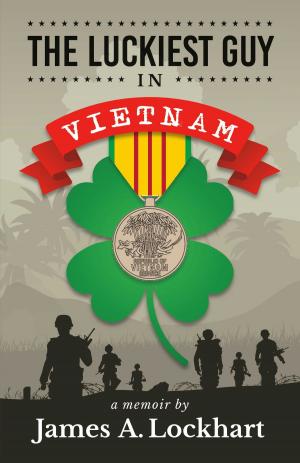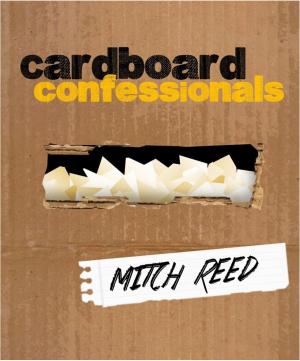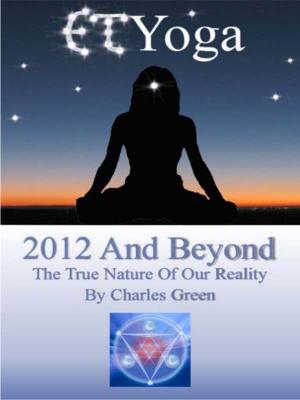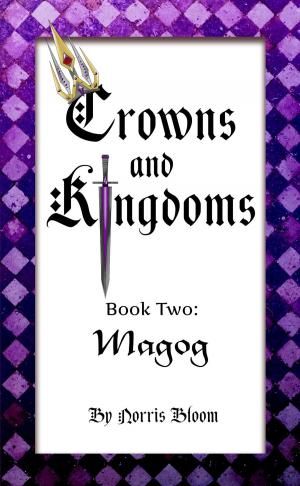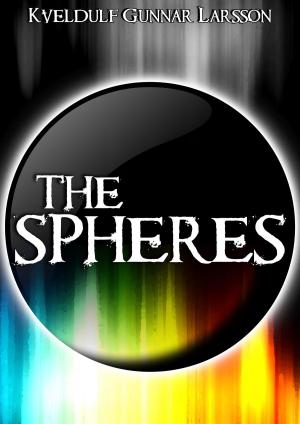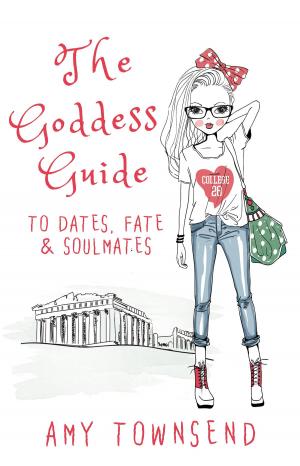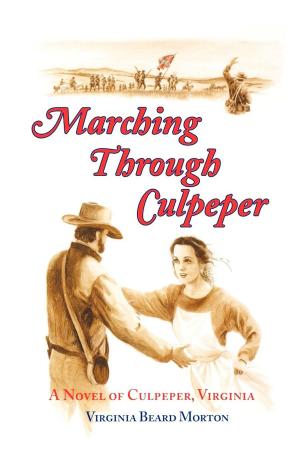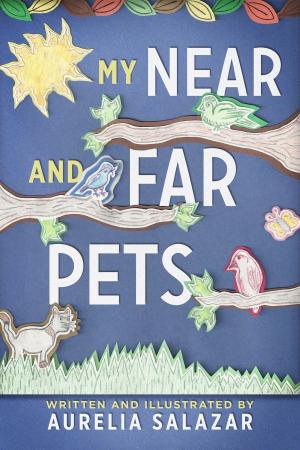| Author: | Uthers Say | ISBN: | 9781626751835 |
| Publisher: | BookBaby | Publication: | March 11, 2013 |
| Imprint: | Language: | English |
| Author: | Uthers Say |
| ISBN: | 9781626751835 |
| Publisher: | BookBaby |
| Publication: | March 11, 2013 |
| Imprint: | |
| Language: | English |
Just as bullies hate being called out, so too do the agents of powerful media corporations go on the attack when called out for their abuse of their privileged positions. This narrative is about the misuse of power by News Ltd, the Australian arm of the News Corporation which dominates the media scene in that country. It is an account of how the full force of its considerable assets can be used to dictate and manipulate narratives and how ruthlessly they can demolish opponents not by strength of argument but by personal attacks and silencing the content of their ideas. The very mild mannered former leader of the Greens on occasions referred to the hate media which attacks people rather than engage in rational debate and civil discourse. For his trouble the subjects his criticism, the News Ltd press and its chorus of hired hands, go to great lengths to prove him right as they attack him personally rather than argue against his positions or policies. The subtitle of the book is Power without Responsibility. However a more apt description might have been Bullies without Supervision. Controlling the delivery of information and opinion on a national platform puts those so privileged in a very powerful position. It would be hoped that with that would come responsibility that such privilege brings. When that privilege is flaunted and there is nobody to call that indiscretion to account then it can easily become bullying of those who lack the same access and similar status. Much of what hate media does is little different from what bullies do in a playground – they get away with what they can in pursuit of their own goals or the goals of those pulling their strings. The first part of this News Corp narrative describes a number of example of various agents of a media giant beating up on an elected representative whose agenda is seen as a threat to the interest of the corporation. It reveals operations that are less than courageous and less than the desired practices of ethical journalism perpetrated by agents of the News Corporation. The personal attacks often conducted by groups of agents of News Ltd are a substitution in hate media for dissemination of information and the conduct of civil discourse and rational debate. The second part looks at examples of pushing the boundaries of journalism further into the realms of proselytizing and propaganda. Part three looks at the practice of promoting narratives that advance the agenda of the corporation and its media baron and the practice of diminishing or silencing those narratives less advantageous to the wealthy. Within those narrative there are villains against whom hate and rage can be generated. They are a useful decoy from weighing up issues on their merits and convincing many to vote against their economic interests. Part four looks at the unholy, some may say dangerous as exposed by the British Parliament enquiring into phone hacking scandal in Great Britain, alliances between politicians and media agents doing the will of their paymasters. There has been too much synchronicity between the Opposition in Australia and the voices of the News Ltd chorus during the period covered by this News Corp Narrative. The final part looks at how when the freedom of the press of the media baron takes precedence over the freedom of the press of those who do not own a multinational media conglomerate, it is detrimental to the quality of life in democratic nations. The suggestion is that when media becomes a tool for controlling politicians and the political agenda there is an abuse of power taking place. The use of media to advance political interests at the cost of promoting division and hate in the community is a cause for concern. It is a narrative that is worth reflecting on. Lives can be enriched if more individuals and leaders are prepared to call out those who traffic in the currency of hate media.
Just as bullies hate being called out, so too do the agents of powerful media corporations go on the attack when called out for their abuse of their privileged positions. This narrative is about the misuse of power by News Ltd, the Australian arm of the News Corporation which dominates the media scene in that country. It is an account of how the full force of its considerable assets can be used to dictate and manipulate narratives and how ruthlessly they can demolish opponents not by strength of argument but by personal attacks and silencing the content of their ideas. The very mild mannered former leader of the Greens on occasions referred to the hate media which attacks people rather than engage in rational debate and civil discourse. For his trouble the subjects his criticism, the News Ltd press and its chorus of hired hands, go to great lengths to prove him right as they attack him personally rather than argue against his positions or policies. The subtitle of the book is Power without Responsibility. However a more apt description might have been Bullies without Supervision. Controlling the delivery of information and opinion on a national platform puts those so privileged in a very powerful position. It would be hoped that with that would come responsibility that such privilege brings. When that privilege is flaunted and there is nobody to call that indiscretion to account then it can easily become bullying of those who lack the same access and similar status. Much of what hate media does is little different from what bullies do in a playground – they get away with what they can in pursuit of their own goals or the goals of those pulling their strings. The first part of this News Corp narrative describes a number of example of various agents of a media giant beating up on an elected representative whose agenda is seen as a threat to the interest of the corporation. It reveals operations that are less than courageous and less than the desired practices of ethical journalism perpetrated by agents of the News Corporation. The personal attacks often conducted by groups of agents of News Ltd are a substitution in hate media for dissemination of information and the conduct of civil discourse and rational debate. The second part looks at examples of pushing the boundaries of journalism further into the realms of proselytizing and propaganda. Part three looks at the practice of promoting narratives that advance the agenda of the corporation and its media baron and the practice of diminishing or silencing those narratives less advantageous to the wealthy. Within those narrative there are villains against whom hate and rage can be generated. They are a useful decoy from weighing up issues on their merits and convincing many to vote against their economic interests. Part four looks at the unholy, some may say dangerous as exposed by the British Parliament enquiring into phone hacking scandal in Great Britain, alliances between politicians and media agents doing the will of their paymasters. There has been too much synchronicity between the Opposition in Australia and the voices of the News Ltd chorus during the period covered by this News Corp Narrative. The final part looks at how when the freedom of the press of the media baron takes precedence over the freedom of the press of those who do not own a multinational media conglomerate, it is detrimental to the quality of life in democratic nations. The suggestion is that when media becomes a tool for controlling politicians and the political agenda there is an abuse of power taking place. The use of media to advance political interests at the cost of promoting division and hate in the community is a cause for concern. It is a narrative that is worth reflecting on. Lives can be enriched if more individuals and leaders are prepared to call out those who traffic in the currency of hate media.

